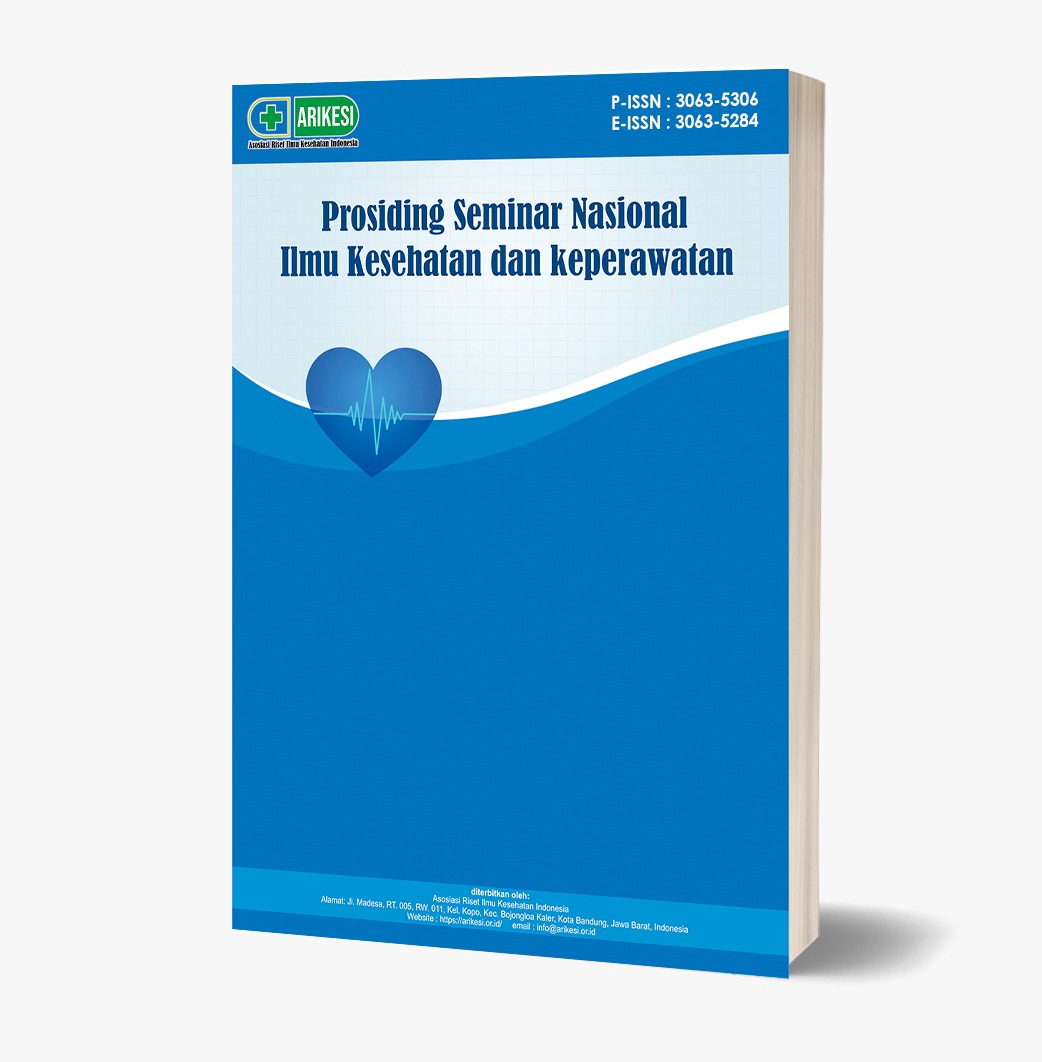Media Sosial Dan Kesehatan Mental Generasi Z
DOI:
https://doi.org/10.61132/prosemnasikk.v1i1.2Keywords:
Mental Health, Generation Z, Social MediaAbstract
The rapid development of technology can certainly affect the lives of generation Z. Current technology has a negative impact on human life. Objective: To describe several research results on the use of social media and mental health of generation Z. Method: The method used in this writing is a literature review which is a systematic, explicit and reproducible method for identifying, evaluating and synthesizing research works and the results of ideas that have been produced by researchers and practitioners. Results: The duration of social media use turns out to have an effect on mental health. Zhao & Zhou (2020) stated that higher social media use is associated with worse mental health. Research such as Bashir & Bhat (2017) suggests several mental illness problems related to the use of social media, including stress, anxiety, depression and loneliness. Research by Heri et al (2021) shows that there is a positive correlation between the intensity of social media use and stress levels. The American College Health Association (2011) found that approximately 30% of college students reported feeling depressed due to social media use. Research in Wuhan, China in 2020 by Gao, showed the impact of social media use on mental health by finding a prevalence of depression of 48%, anxiety of 23%, and a combination of depression and anxiety of 18%. Conclusion: social media can have positive and negative impacts depending on its use, and what we now know is that most social media users, almost all social media users, have an impact on health, especially mental health, on generation Z.Downloads
References
Ika Sukmawati et al. The Relationship Between Socio-Cultural and Self-Care for Mental Health Generation Z: A Cross-Sectional Study on Mataraman Ethnicity, East Java, Indonesia. J Keperawatan Malang [Internet]. 2023;8(1):269–82. Available from: https://jurnal.stikespantiwaluya.ac.id/index.php/JPW
A. Karaca a, N. Yildirim a, S. Cangur b, F. Acikgoz a DA a. Relationship between mental health of nursing students and coping, self-esteem and social support. Nurse Educ Today [Internet]. 2019;76:44–50. Available from: https://www.sciencedirect.com/science/article/abs/pii/S0260691719301819#prev iew-section-abstract
Ulfadilah N. Penggunaan Media Sosial Tik Tok Terhadap Kesehatan Mental Remaja. J Penelit Perawat Prof. 2022;1(1):2–8.
Abdel-Khalek A, Lester D. Mental health, subjective well-being, and religiosity: Significant associations in Kuwait and USA. J Muslim Ment Health. 2013;7(2):63–76.
Thursina F. Pengaruh Media Sosial Terhadap Kesehatan Mental Siswa Pada Salah Satu SMAN di Kota Bandung. J Psikol dan Konseling West … [Internet]. 2023;1(01):19–30. Available from: https://wnj.westscience- press.com/index.php/jpkws/article/view/180%0Ahttps://wnj.westscience- press.com/index.php/jpkws/article/download/180/88
Saunders KE, Smith KA. Interventions to prevent self-harm: What does the evidence say? Evid Based Ment Health. 2016;19(3):69–72.
Irwan Budiana et al. Faktor-Faktor Yang Berhubungan Dengan Peran Keluarga Dalam Menunjang Kesembuhan Pasien Dengan Kasus Tuberculosis. J Telenursing [Internet]. 2021;53(February):2021. Available from: https://doi.org/10.1080/09638288.2019.1595750%0Ahttps://doi.org/10.1080/175 18423.2017.1368728%0Ahttp://dx.doi.org/10.1080/17518423.2017.1368728%0 Ahttps://doi.org/10.1016/j.ridd.2020.103766%0Ahttps://doi.org/10.1080/026404 14.2019.1689076%0Ahttps://doi.org/
Ugwueze FC, Agbaje OS, Umoke PCI, Ozoemena EL. Relationship Between Physical Activity Levels and Psychological Well-Being Among Male University Students in South East, Nigeria: A Cross-Sectional Study. Am J Mens Health. 2021;15(2).
Sidjabat F, Bella Alycia Macado R, Puspitasari W, Alayda Akrima D, Marvionada O, Toto Paniulin I, et al. Pemberdayaan Remaja Berbasis Online Sebagai Promotor Kesehatan Jiwa. COVIT (Community Serv Heal. 2022;2(1):20–30.
Konu A, Rimpelä M. Well-being in schools: A conceptual model. Health Promot Int. 2002;17(1):79–87.







